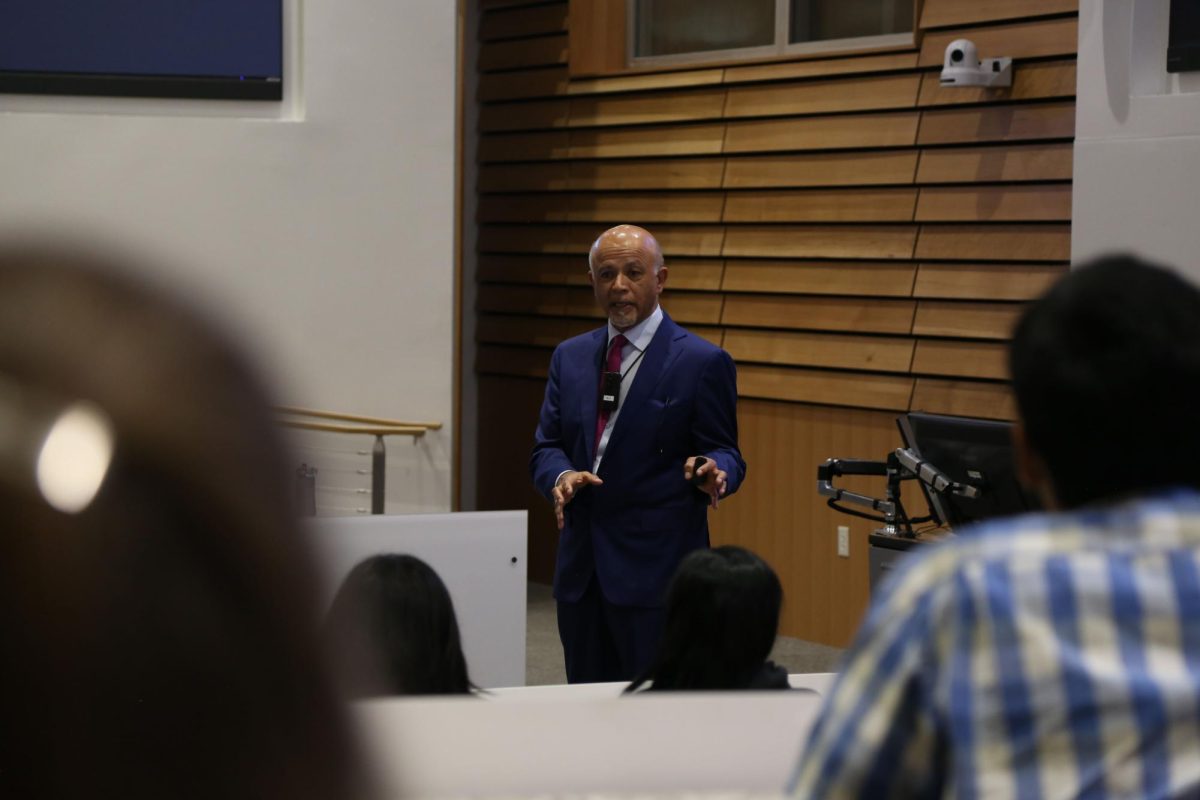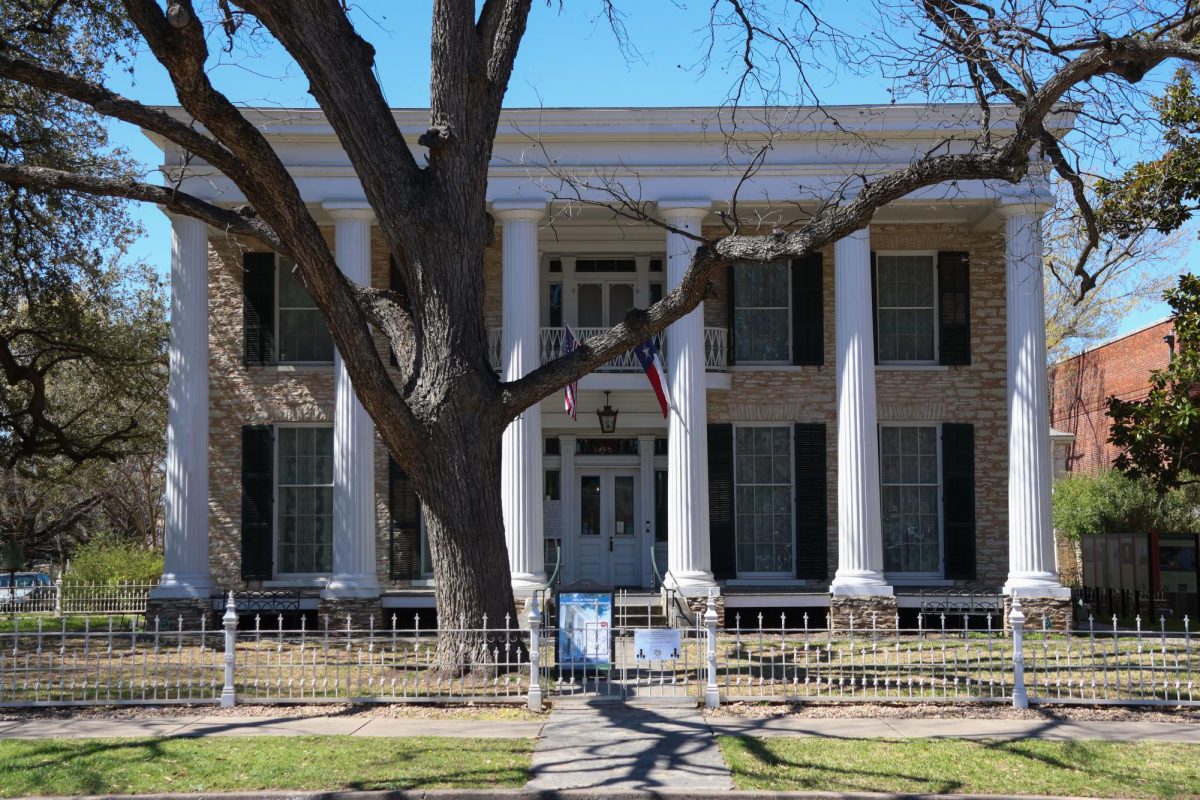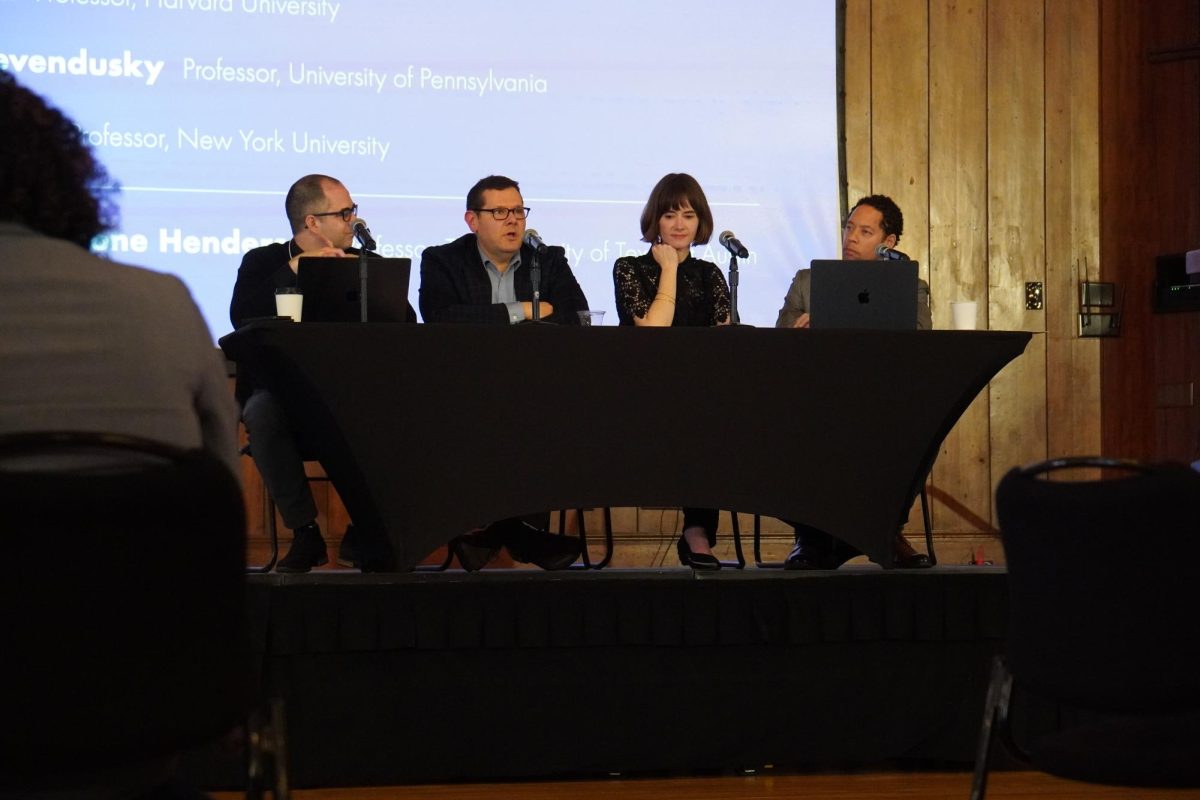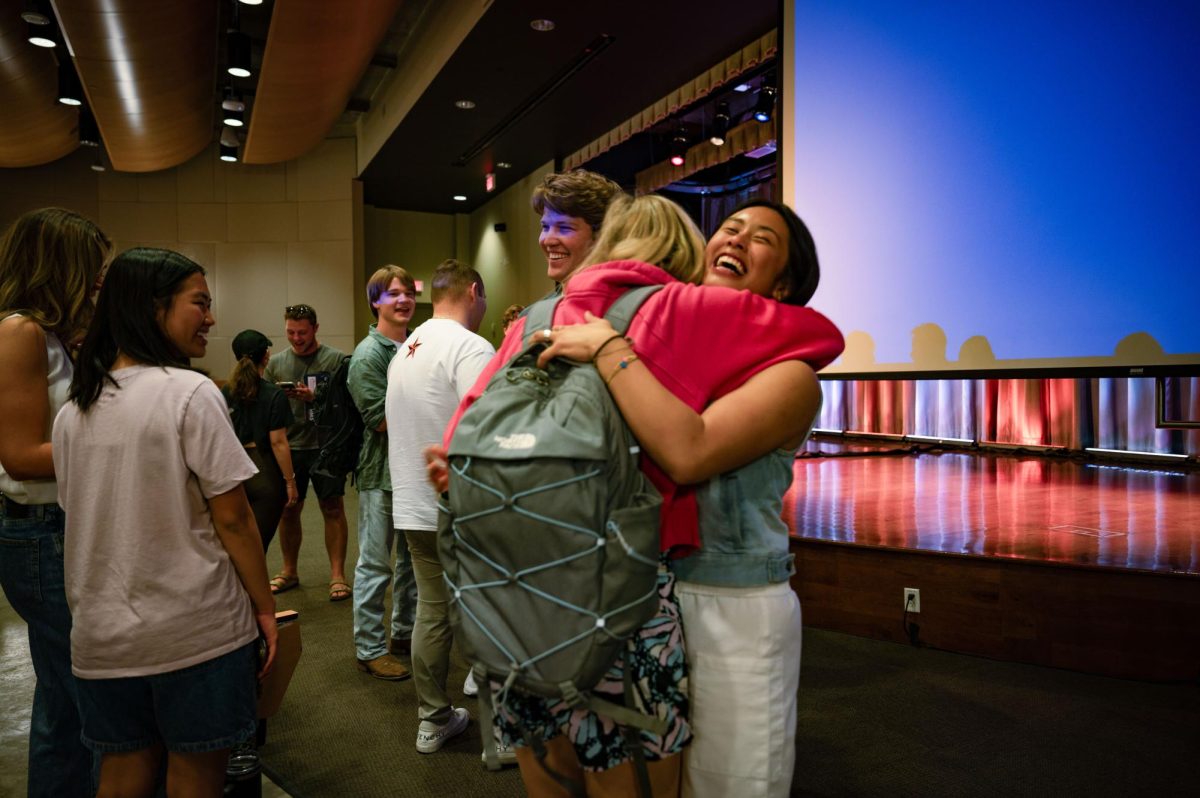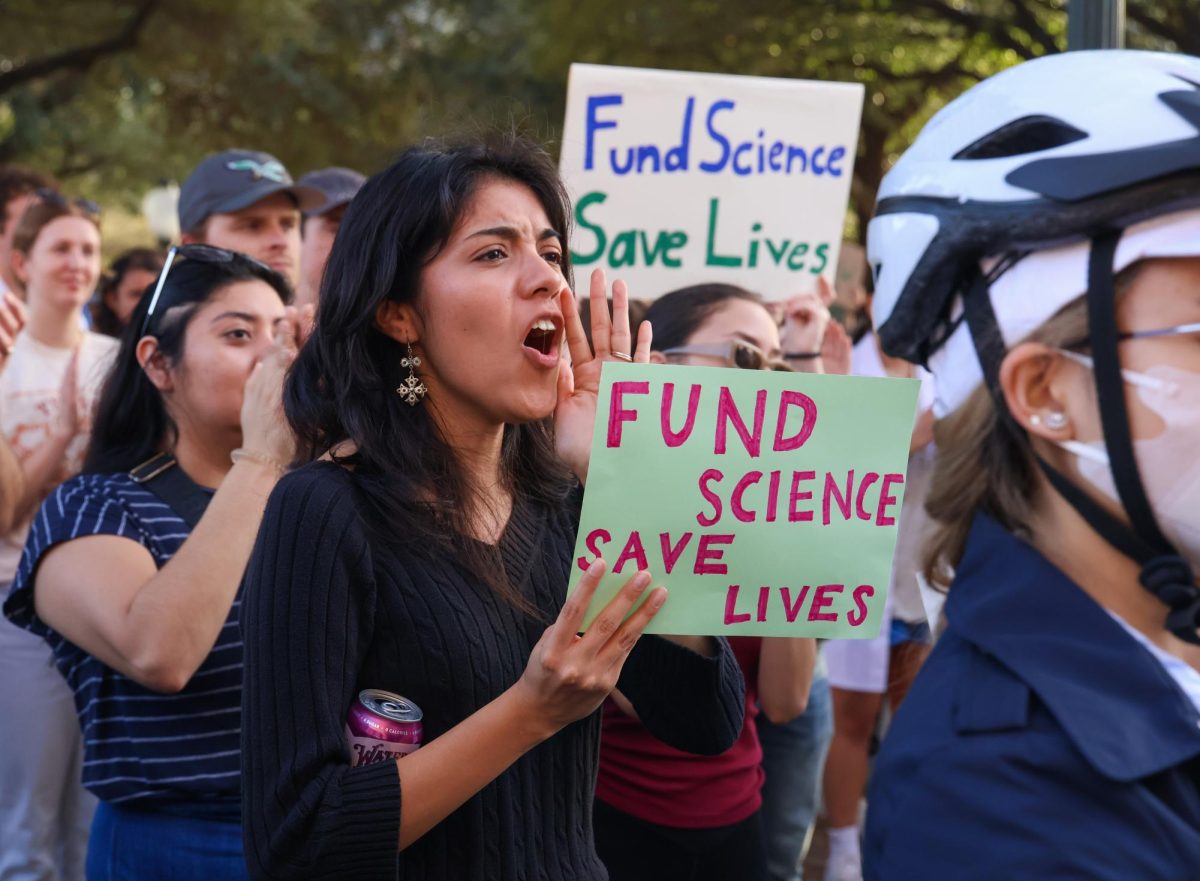Bestselling author and medical professional Abraham Verghese spoke on Friday about processing the COVID-19 pandemic as part of a lecture series.
The Dell Medical School and the College of Liberal Arts’s master’s program in humanities, health and medicine co-sponsored the talk, part of the Human, Health and Medicine lecture series, titled “The Story After the Story: Humanism and Medicine Post-Covid.” At the end of the talk, he answered questions from attendees, which ranged from undergraduate and medical students to faculty and community members.
Verghese’s lecture was centered around how to explore healthcare through storytelling. For example, he recounted his frontline experiences during the HIV and AIDs epidemic and talked about the world’s response to the COVID-19 pandemic.
“Something I said many years ago is that if we don’t understand history, we’re doomed to repeat it,” Verghese said during the lecture. “I wonder what people will say about our response to COVID. It’ll be tricky. You have to be alive 100 years from now looking back to offer the judgment but I suspect that history will be pretty harsh on us.”
Phillip Barrish, director of the Humanities, Health and Medicine masters program, said when choosing a speaker, Verghese was at the top of the selection committee’s list. The committee, Barrish said, consists of humanities, health and medicine program faculty.
“The ways in which (Verghese) brings a literary and humanistic lens to the field of medicine is very powerful and unique,” Barrish said. “We weren’t sure if we could get him because he’s very highly in demand.”
Emily McCalley, a fourth-year medical student who attended the talk, said she first learned about Verghese’s work while studying as an undergraduate student planning to go to medical school.
“Hearing stories that talk not just about the way that suffering affects patients, but the way that suffering shapes our narratives as clinicians and as hopefully healers in that space was really helpful,” McCalley said.
Barrish said Verghese’s research into the intersection between diseases and their effects on society fits into the mission of health humanities, which he defined as helping “re-humanize medicine.”
“The field begins with the premise that as our healthcare system has become increasingly reliant on sophisticated technology and increasingly bureaucratized and commercialized, something vital is being lost. That is the human relationship between the physician or care provider and the patient and the patient’s family,” Barrish said.
Barrish said the growing interest in health humanities on campus has culminated in the new interdisciplinary humanities, health and medicine masters program, which is currently in its second year. He said the lecture series will continue hosting speakers annually in the fall.
“We want to continue to invite high profile speakers who bridge the divide between healthcare professions and the humanities, who have wide appeal for students, graduate students, faculty, medical students, and also it’s important for us to include community members,” Barrish said.

